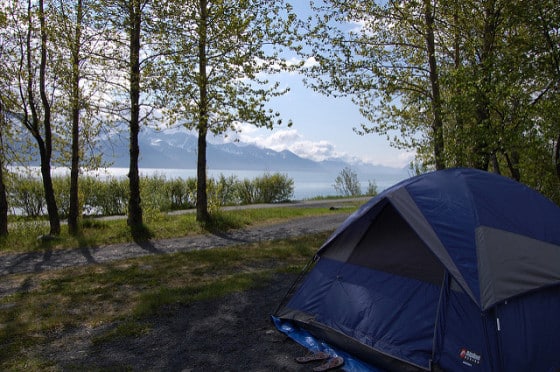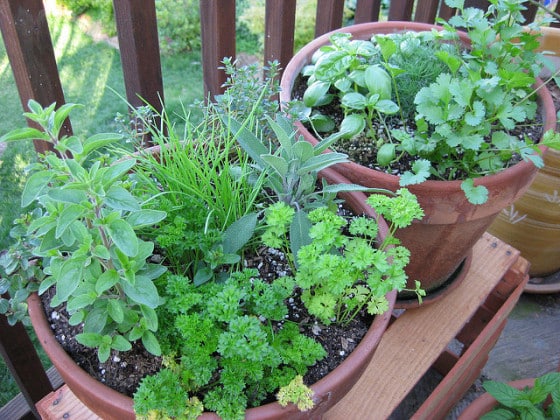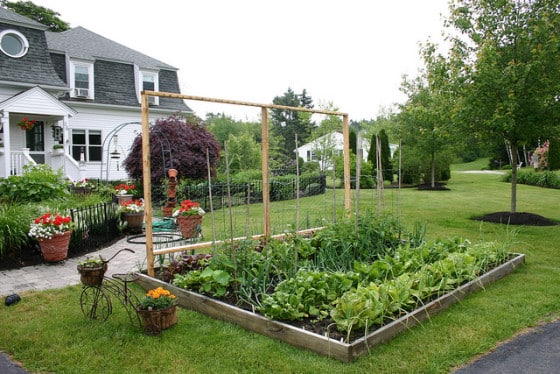
Environmentally-Friendly Camping: Minimizing Your Impact
Camping is one of those family-friendly activities which can be enjoyed almost any time of year, especially here in Southern California. With the weather beginning to warm in many places and spring flowers now in bloom, it is a good time to begin making plans for your next camping trip. Even if you only expect to have a few days, you want to make a quick overnight trip or you are wanting to plan a full-blown vacation, it is essential you minimize your impact while camping.
Although I try to be environmentally-friendly when out in nature, I was reminded of this fact last weekend when I attended a Girl Scouts Camping Skills training event. My daughter’s troop is planning to begin camping soon and I’m going to be one of the camping moms. So, the troop leader and I attended this training in order to be fully prepared. Needless to say, I was pleasantly surprised to see quite a bit of attention being put on “Leave No Trace.” The trainer and camp ranger actually took the time to go through each step with all of the troop leaders, volunteers and moms so nobody had any questions as to what this concept meant. We even got reference cards for ourselves and one we could use with the girls.
For those of you who may be unfamiliar, the Leave No Trace Center for Outdoor Ethics has some basic principles we should all follow whenever we are out backpacking, camping or enjoying other outdoor activities. I recommend you and your family brush up on “The Leave No Trace Seven Principles” as one of your planning and preparation steps. This way, each of you will be in an environmentally-friendly state of mind when you go.
Some of the simplest ways to minimize your environmental impact when camping include:
- Making plans on where you want to go ahead of time, this includes finding an already established campsite.
- Be prepared. Take the time to find out more about your intended destination, any specific regulations, requirements and prediction for weather.
- Pack food and other items securely away, both for transportation purposes and storage while you are camping.
- Avoid making a campfire or, at the very least, use existing fire rings, grills and camping stoves to minimize impact.
- When you have to go, respect nature. Don’t go around trails or campsites. Dilute urine with water to help reduce the chances of attracting wildlife or harming the environment. Human feces should be buried, if no bathroom, outhouse or port-a-potty is nearby.
- Follow the rule of “pack it in, pack it out” so all other waste is properly removed. When you leave, none of your waste should be left behind.
- Avoid wildlife. Do not feed, try to pet, or approach the wildlife. This holds true even for pictures. If you can’t get a picture from a safe distance, don’t take one at all. Let the wildlife be.
- Keep your food and cooking items in a secure location at night. Some places require you have a bear-proof container (which should never be stored in your vehicle as bears and even raccoon will not hesitate to destroy your vehicle to get to food.
- Freezing your meat and other food items can allow these items to stay cool. If you’d prefer not to freeze, be sure you have sufficient ice to keep your food cold so it does not go bad.
- Bring washable, reusable supplies, not one-use items. Drip bags and camping mess kits are a simple, yet effective way to give everyone their own plate, cup, utensils, etc. These bags and kits are easy to clean and air dry.
- Wash dishes and other items at least 200 feet away from a river or stream to avoid contaminating existing water sources.
- Opt for non-toxic bug repellent and sunscreens.
- Be respect to those people camping around you. Keep your noise at a minimum, don’t get too boisterous or disruptive, never leave waste lying around, and always leave your campsite in at least as good of a condition as you found it.
- Don’t remove fallen leaves, pine cones, sticks, shells and another part of nature. Yes, using fallen sticks can be a good source of fuel when building a controlled campfire, just keep in mind removing these types of items could have a negative impact on the environment’s natural course of recycling, composting, and helping rebuild life.
- Leave your electronics at home. Camping is a time to be unplugged. It is a time where you should be able to recharge your own battery and simply enjoy being outdoors.
These are just some of the actions each of us can and should take while camping in order to minimize our impact on the natural environment. When it all comes down to it, the most important thing to remember when camping is the old saying, “Take only pictures. Leave only footprints.”
For those of you who want to get started right away, you’ll be excited to know National Park Week begins Saturday, April 16th and goes until Sunday, April 24th. Admission to each and every one of America’s national parks is free all week long.





Post a comment